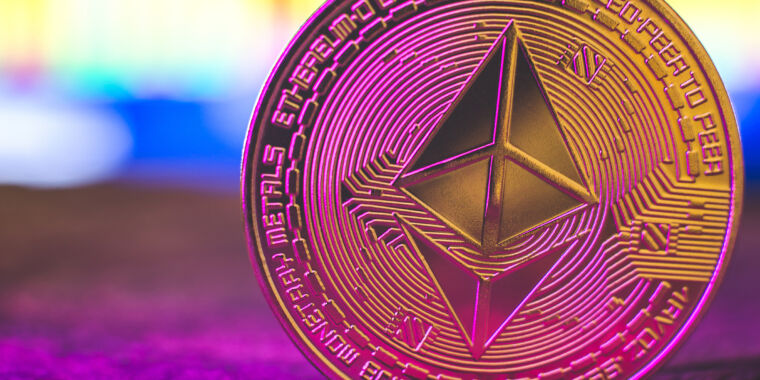The Ongoing Battle for Game Preservation
For a number of years, advocates for video game preservation have been advocating for a DMCA exemption that would allow them to distribute emulated versions of their physical game collections over the internet to researchers. This proposal, however, has faced opposition from industry trade groups, concerned that it could lead to the establishment of online arcades granting public access to copyrighted classic games legally and for free.
Recent Developments
A recent livestreamed testimony in front of the Copyright Office reignited this long-standing debate. The Software Preservation Network and the Library Copyright Alliance reiterated their proposal for a system of “individualized human review” to ensure that temporary remote game access is primarily for educational purposes.
Representing the Entertainment Software Association, lawyer Steve Englund expressed skepticism towards the proposed system, claiming it does not provide enough protection for intellectual property owners. Englund highlighted concerns that the proposed system could be exploited to grant unrestricted access to online arcades.
The Access Issue
Unlike other media types, such as books and movies, video games currently lack a DMCA exemption that allows research institutions to provide remote access to interested scholars. This limitation often translates into a significant financial and logistical burden for researchers who need to physically access game archives.
NYU professor Laine Nooney emphasized the need for a more accessible system, highlighting the challenges researchers face in accessing game collections due to travel constraints. Limited access to game archives, according to Nooney, hinders researchers’ ability to study games comprehensively.
Proposed Solutions
Advocates have suggested a system of human review to mitigate concerns raised by industry representatives regarding unrestricted access. The idea is to strike a compromise that safeguards intellectual property while allowing scholarly access to game archives.
While the preservation community has made concessions to address industry concerns, legal representatives argue that adequate restrictions are yet to be defined. There are reservations that any system allowing remote access could be exploited, leading to unintended consequences.
Challenges in Game Preservation
Building and maintaining collections of historical games require specialized skills and resources that most institutions lack. The cost of providing remote access to game archives is significant, underscoring the need for a balanced approach that addresses both preservation and intellectual property concerns.
Research findings indicating that a large percentage of games are no longer in circulation further emphasize the necessity of reliable access to game archives. The Copyright Office’s forthcoming ruling on the proposed exemption will determine the future of game preservation efforts and scholarly access to gaming history.
Image/Photo credit: source url





